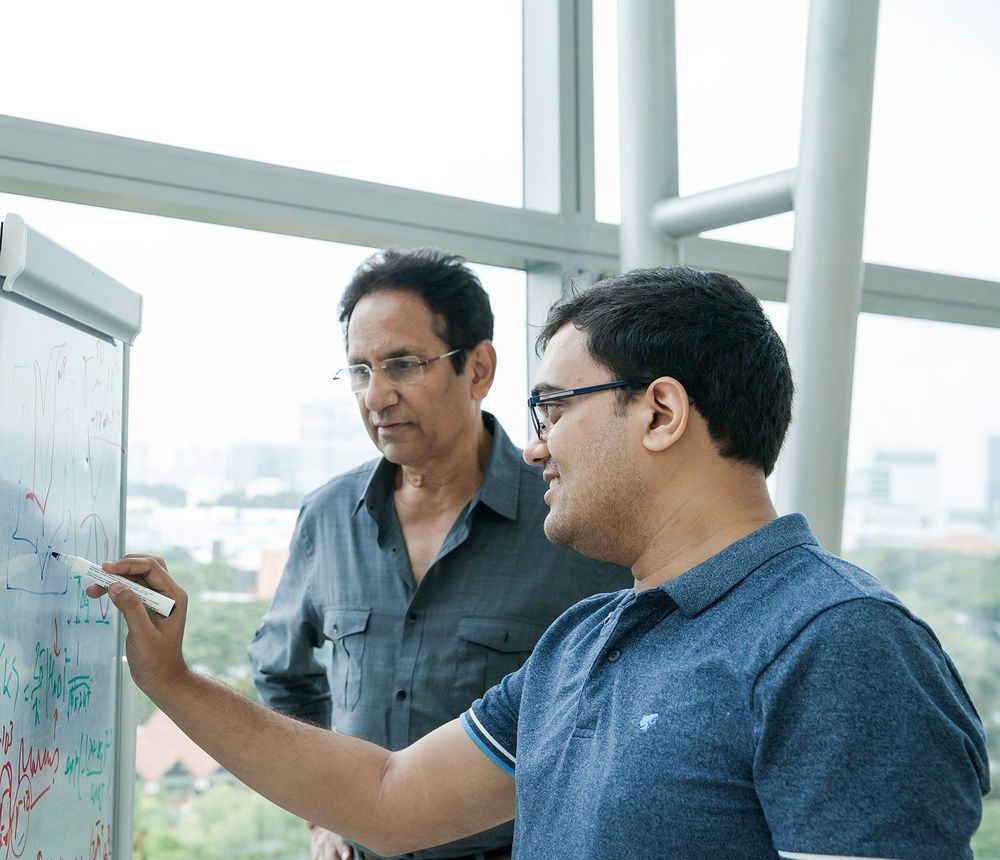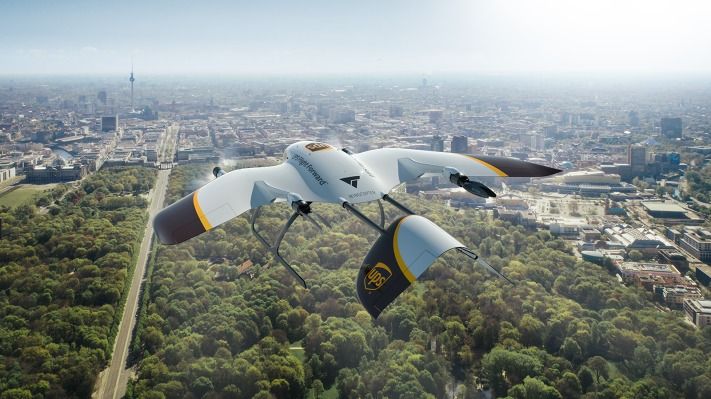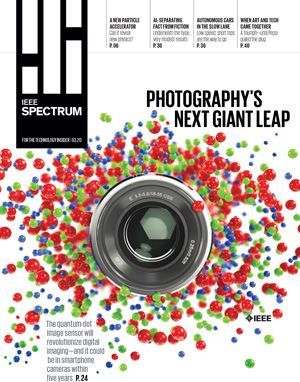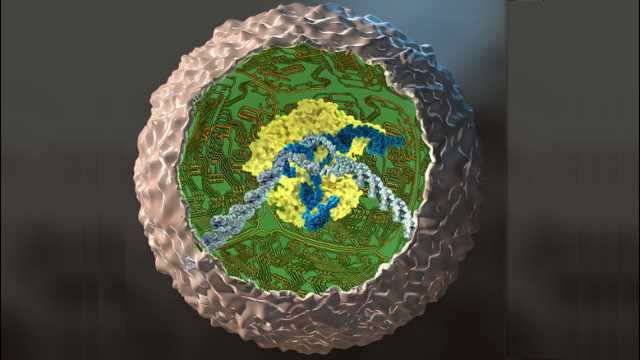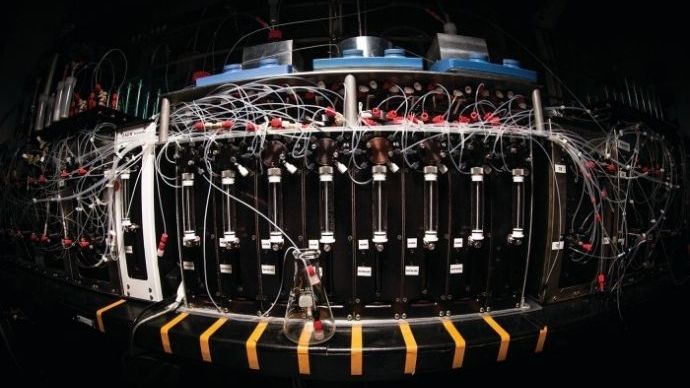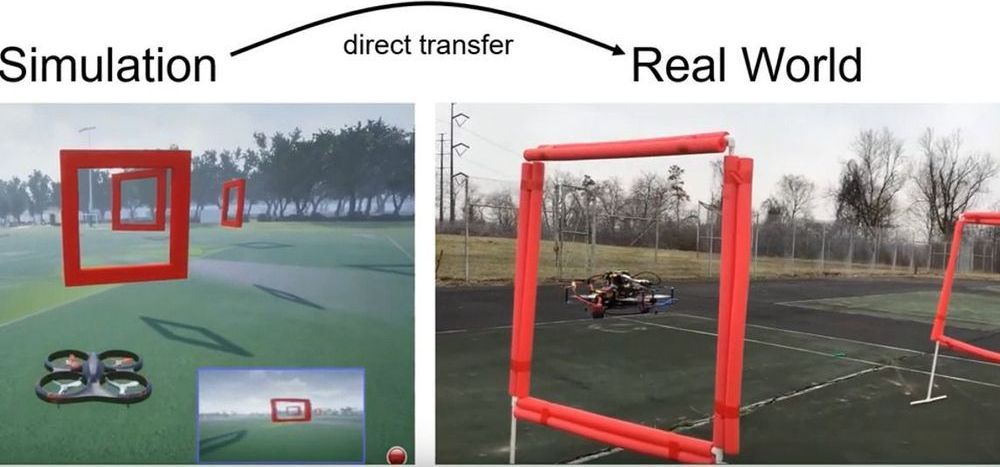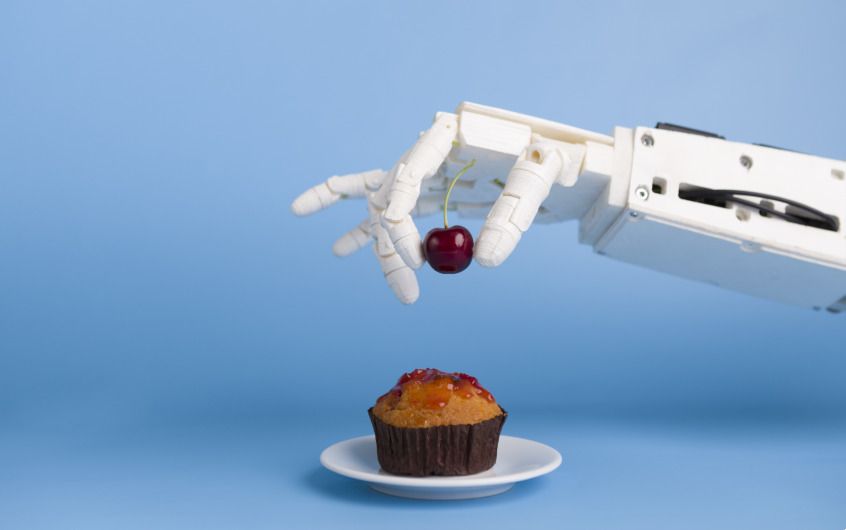Over the last decade, artificial intelligence (AI) and its applications such as machine learning have gained pace to revolutionize many industries. As the world gathers more data, the computing power of hardware systems needs to grow in tandem. Unfortunately, we are facing a future where we will not be able to generate enough energy to power our computational needs.
“We hear a lot of predictions about AI ushering in the fourth industrial revolution. It is important for us to understand that the computing platforms of today will not be able to sustain at-scale implementations of AI algorithms on massive datasets. It is clear that we will have to rethink our approaches to computation on all levels: materials, devices and architecture. We are proud to present an update on two fronts in this work: materials and devices. Fundamentally, the devices we are demonstrating are a million times more power efficient than what exists today,” shared Professor Thirumalai Venky Venkatesan, the lead Principal Investigator of this project who is from the National University of Singapore (NUS).
In a paper published in Nature Nanotechnology on 23 March 2020, the researchers from the NUS Nanoscience and Nanotechnology Initiative (NUSNNI) reported the invention of a nanoscale device based on a unique material platform that can achieve optimal digital in-memory computing while being extremely energy efficient. The invention is also highly reproducable and durable, unlike conventional organic electronic devices.
